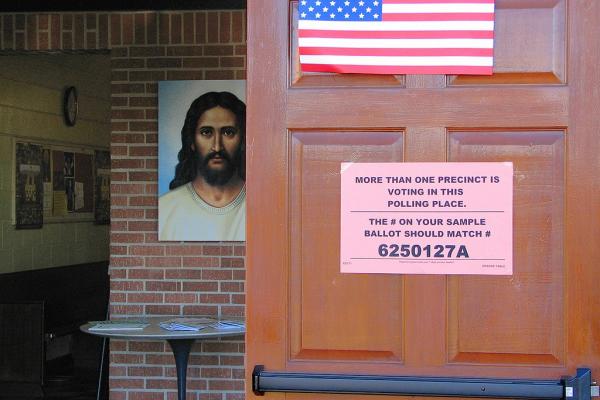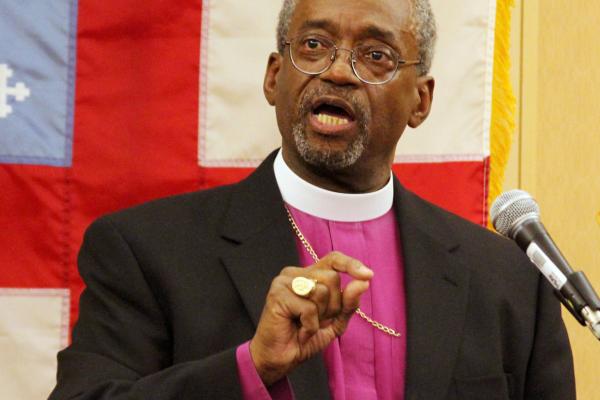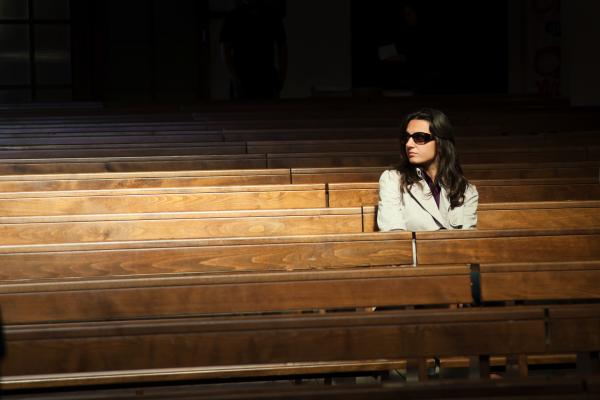A security officer at a Washington, D.C. public library who demanded that a library patron remove her headscarf is back on the job, reports the DCist, an online publication.
If Haslam signs the bill, the Bible would join a list of state symbols such as the raccoon as the state’s wild animal, the Eastern box turtle as the state reptile, the square dance as the state folk dance, milk as the official state beverage, and the Barrett M82 sniper rifle as the official state rifle, which lawmakers approved earlier in the session.
Gov. Phil Bryant signed HB 1523 — the so-called “religious freedom” bill — on April 5, reports WREG Memphis.
The new law prevents legal action being taken against individuals and organizations that deny service based on their religious beliefs.
Just as Greece has begun deporting refugees to Turkey, the Vatican announced that Pope Francis will visit the Greek island of Lesbos.
The prime minister of Iceland, Sigmundur David Gunnlaugsson, who was named in the leak of documents from the offshore law firm Mossack Fonseca, has resigned, according to Buzzfeed News .
An artist who converted an abandoned church in Spain into an indoor skateboarding park is defending the project against critics who consider it an act of desecration.
As Christians, our actions and our words represent our faith. I don’t need a bumper sticker to tell you that. Let’s make sure the loudest voices are the ones for equity and transformative love across difference. Because each day as a Christian, you cast your ballot.
I’m a Christian, and each day, I vote.
"Can women really lead in the church?" We still hear this question in our churches, often coupled with silly, irrational, or demeaning thinking. Would we put up with the same excuses for excluding men from leadership?
Episcopal Church presiding bishop Michael Curry has fired two top executives for failing “to live up to the church’s standards of personal conduct in their relationships with employees.”
It’s 2016, yet patriarchy is alive and well across faith traditions.
Welcome to this special conversation with Jewish, Christian, and Muslim women on the unique challenges and opportunities of women’s religious leadership.








